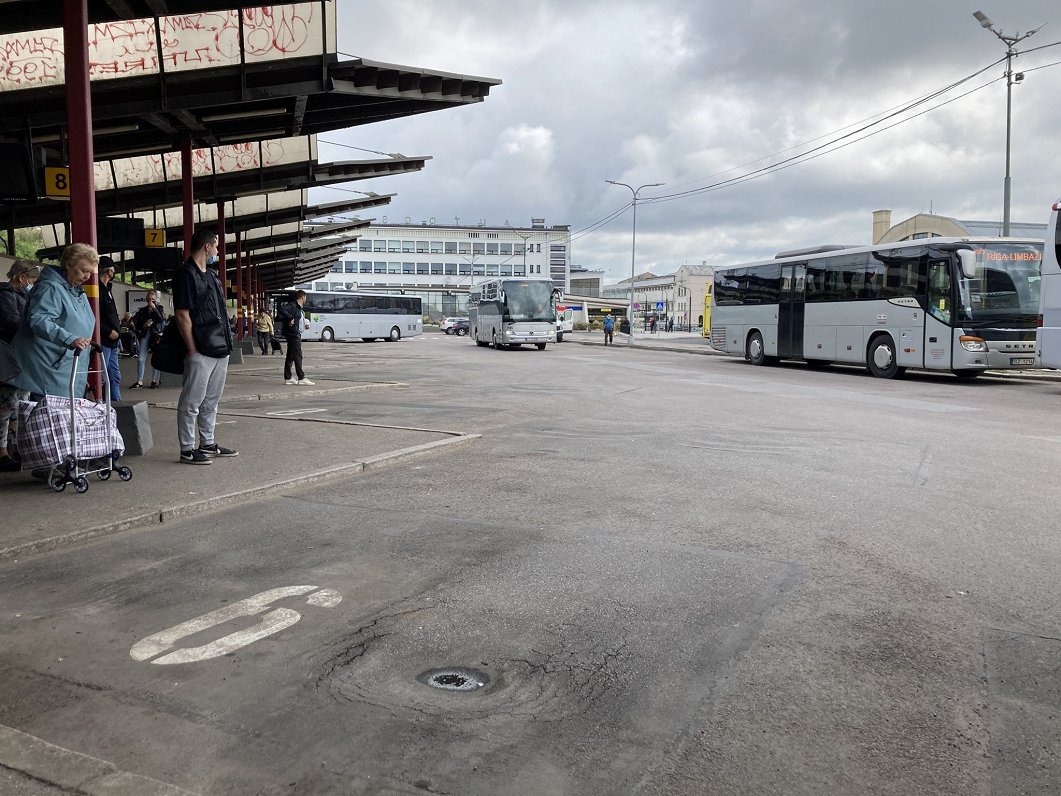Evidence from the audit shows that the responsible authorities are developing public transport routes without justified needs and beyond the capacity of the state budget.
The State Audit Office pointed out that regional bus services operate around 1.5 million journeys per year. The state subsidy to compensate carriers for losses in providing this service in 2023 was €62.8 million. The highest average subsidy per passenger for regional bus services in 2023 was in the Latgale region, amounting to €4 per passenger. Carriers need 1,060 buses to operate the routes and contracts, and 87% will be replaced by new buses over the ten-year period of the contracts.
Oskars Erdmanis, Member of the Council of the State Audit Office, noted that mobility and accessibility are key factors for a balanced development of the country and access to services, and that it is in the regions that the population depends most on reliable transport system. However, the auditors considered that the current planning and provision of public transport services is not user-friendly and does not motivate people to change their habits, i.e. to drive their private cars less often and to use public transport instead.
"A well-designed public transport service and an increase in public use would increase its cost-effectiveness and the State would have to spend less taxpayers' money on subsidies to public transport operators. It would also reduce congestion and transport emissions, which are important in the context of the Green Deal," says Erdmanis.
The publicly subsidised weekday bus service should be at least eight or four weekday bus services, if the profitability is at least 25%. The minimum level of service guaranteed by the State shall be two weekday services, irrespective of profitability. However, the audit found that at least 38% of the routes did not meet the statutory profitability threshold and 25% of the routes did not provide the minimum level of service.
The State Audit Office considers that there is no consistent approach to route network planning and the procedure laid down in the law is not properly implemented in practice. In 2023, only 749 routes were assessed for maintaining the service on routes with a profitability below 10% in 2022, instead of all 2342 routes. The auditors have not received an explanation as to the criteria of the evaluation.
The audit also concluded that the public transport service exceeds the capacity of the national budget because decisions are not taken to change the route network in line with today's needs and demand. Over the last three years, €206.7 million has been allocated from the state budget to compensate carriers for losses on public transport services. A significant part of this - €98 million - has been allocated from the "Contingency funds" program of the national budget. From 2021 to 2023, this amounted to 47% or €33 million on average per year. However, the request for additional funding is not based on unforeseen circumstances, but mainly on the insufficiency of the initially allocated funding, the State Audit Office points out.
The State Audit Office made 12 recommendations to ensure the implementation of the passenger transport policy in compliance with the national development planning principles.





























